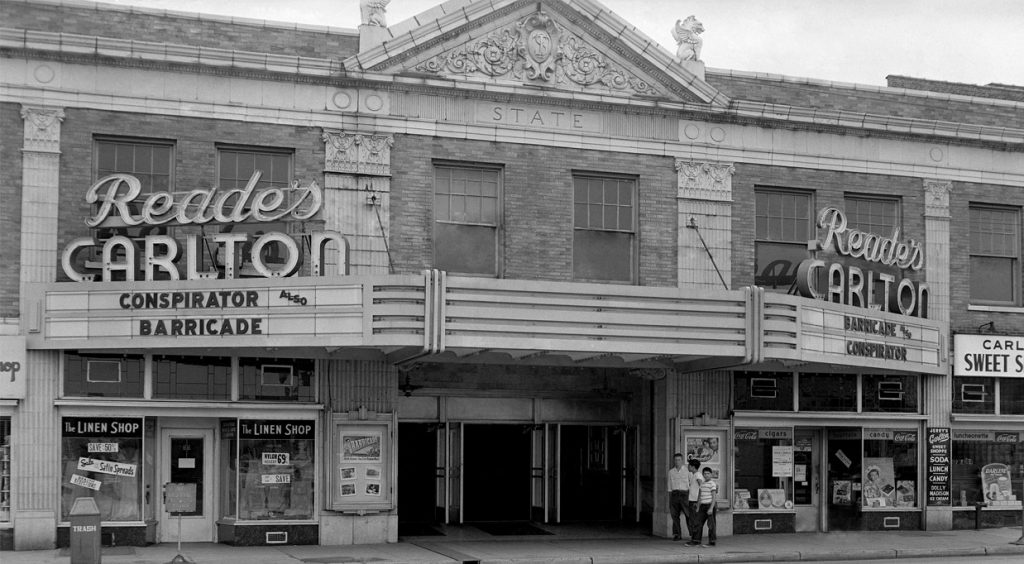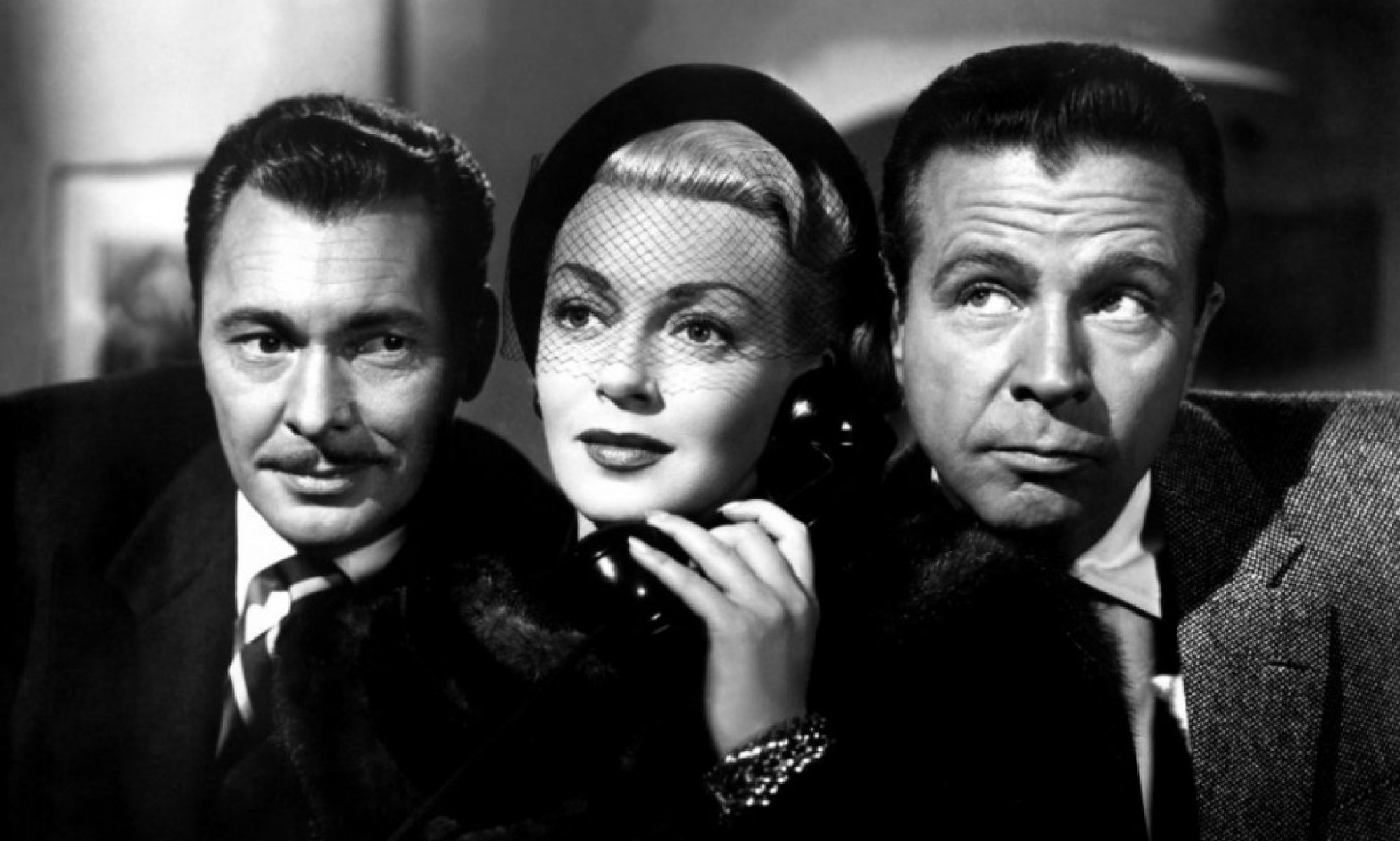
I was lucky enough to be at one of Cary Grant’s final public appearances. I filed this account on deadline:
May 16, 1986
WITH AN ELEGANT TWINKLE, A STAR CHARMS RED BANK
By LOU LUMENICK
RED BANK [N.J.] — It was billed as “A Conversation with Cary Grant” but mostly the standing-room only crowd wanted to say, “We love you, Cary.”
And they did, over and over for two hours at the Count Basie Theater in Red Bank last night.
And if the 1,600 audience members barely seemed to believe that the debonair superstar was in the heart of Springsteen territory, Grant seems equally unable to accept it at face value the standing ovations and gratitude for his presence.
“Truthfully, there’s nothing to cope with,” Grant replied when someone asked how he dealt with four decades of audience adulation. “I don’t know what’s in anyone else’s mind. Even if that adulation does exist, I question it. We all do what we do.”
Between graciously accepting compliments, Grant answered dozens of questions about his career and his private life — or more accurately, took issue with most published accounts of his private life.
“I’ve had five biographies written about me, and none of those authors have spoken to me. Very, very seldom has truth been told about those of us in the entertainment field.”
Grant politely dismissed Sophie Loren’s report that he proposed to her: “I don’t know that strictly true, but it’s a nice thing for her to have said. It’s the women stars who tend to write about these things. I don’t know any men who write books about affairs.”
Grant let out his devil-make-care laugh when a woman in the audience remembered meeting him on a transatlantic crossing in 1938 — and that he told her he was having a “trial marriage” with the actress [Mary Brian] with whom he was traveling.
“Oh, the things people think they remember you saying!” Grant deadpanned to a delighted audience.
Dressed in a conservative well-cut gray suit and black loafers and looking at least a decade younger than his 82 years, Grant sat on a bar stool on a bare stage. After showing a generous selection of clips from old films ranging from “Bringing Up Baby” to “North by Northwest,” he answered even the silliest questions with unflagging good humor.
On the computer-generated coloring of his old black-and-white movies: “I though ‘Topper’ turned out very well, true to the way I remembered the sets and costumes being when we made the film. I think ‘Gunga Din’ will be good in color.”
On “Arsenic and Old Lace”: “The only time I worked with Frank Capra and it turned out disastrousy. I overreacted terribly.”
On his personal appearances: “I do them where and when I can, usually in out-of-the-way places. I don’t do them in big cities like Los Angeles or New York. It would just frighten me.”

On why he doesn’t want to run for president: “I’ve been married quite a few times, and the voters wouldn’t accept that.” (Being British born, he is also quite ineligible.)
On his role models: “In my day, Noel Coward and Jack Buchanan. Later, I most admired Spencer Tracy. Mickey Rooney is another actor I think is brilliant.”
On what he finds attractive in a woman: “Her lack of artifice. I don’t like an abundance of makeup or perfume. I like a woman to come on straight.”
On whether he’d consider ending his 20-year retirement as an actor: “I’m not interested in purveying fantasy. I know who’s going to get the girl — the guy on the billboard. I’m just no longer interested, and it was a natural evolution for me to move onto other things.”
On his height: “6-1 1/2 and shrinking.”
On Grace Kelly: “She was he best actress I ever worked with in my life. I learned later from Alfred Hitchcock that they were both Jesuit-trained, which may have explained their serenity.”
Grant’s appearance last night, a benefit for the Monmouth Arts Council, was sold out more than a week in advance. No photographs were allowed, and Grant refused, as he usually does, to sign autographs: “They’re ridiculous, and it starts a chain reaction. Once I started signing them, I wouldn’t be able to do anything else all day.”
Virtually all the questions from the predominately female, middle-aged audience were prefaced by lengthy effusions.
“I’m 23, and I want to know why men like you don’t exist today,” said one woman.
“Well, nobody exists like anybody else,” Grant explained, and he explained his screen persona: “It all looks so easy — you’re being yourself under the most perverse of circumstances.”
Grant likened his stardom to a streetcar ride, and said that 20 years ago, it was his time to get off. Since then, he has served on the boards of several corporations, including MGM and Faberge. Jennifer, his 19-year-old only child, is a sophomore at Stamford, and Grant has been married for five years to his fifth wife, Barbara, “the most organized woman I’ve ever known.”
Grant’s hair is white now, but he still proved capable of holding an audience spellbound with his charm.
“I tried to copy the actors who dressed well, who could put their hands in their pockets with a certain amount of shyness and timidity. I guess to a certain extent, I eventually became the characters I was playing.”
2015 Postscript: Cary Grant passed away on Nov. 29, 1986 while preparing for Q-and-A appearance at the Adler Theatre in Davenport, Iowa. The day after that, CBS broadcast a previously scheduled “All Star Party for Clint Eastwood.” This had been taped earlier in the year, and included a rare TV appearance by Grant. Here it is:
https://www.youtube.com/watch?v=SZz19dLIqq0
